Last updated on Sep 19, 2018
By Charlotte Gelfand
Staff Writer
Nike’s latest ad campaign featuring ex-NFL quarterback Colin Kaepernick has reignited the debate on football players protesting during the national anthem. The issue, on both the professional and collegiate levels, raises questions concerning an athlete’s right to stand up for what they believe in versus the obligation they hold to the organization under which they play.
The movement, which began with Kaepernick in 2016, sparked a divide across the nation: some people view the acts as disrespectful and unpatriotic, while others empathize with players and their right to exercise the First Amendment. A third party simply wants to enjoy the game and keep football and politics separate. One thing to be agreed on is that it is a tough issue on both a systematic and social level.
In May, the NFL issued a new rule prior to the 2018 season, which states that all players must stand for the national anthem, but gives them the option of returning to the locker room if they decide not to.
This issue is not limited to the NFL though. Some college football programs, such as Michigan and Michigan State, have encountered similar protests to the anthem by their players, with some sitting in prayer or raising their fists during the “Star-Spangled Banner.” This creates a new challenge for colleges to navigate.
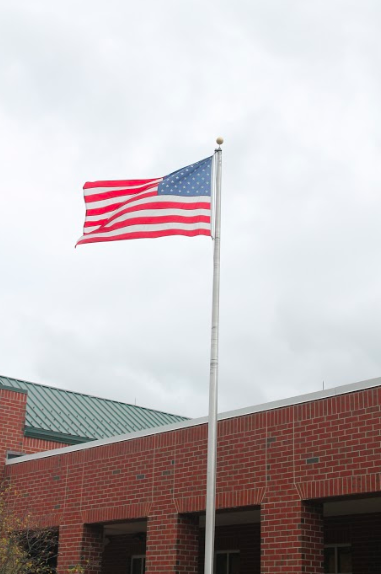
Currently, the NCAA has no specific rules in place to regulate any player protests, leaving the matter in the hands of each individual college program.
LIU Post does not have any written rules concerning players and the national anthem and has not experienced players kneeling during the anthem, according to Bryan Collins, the head football coach.
“We have the national anthem before kickoff after the coin toss,” Collins said. “It’s something that’s ingrained in us as something we respect and we do, as far as a department, as well as a football program, and I don’t think there’s been a situation when any of our players have thought anything differently,” he added.
Prior to kickoff at each football game, the players and staff stand for the national anthem, a tradition which Collins says is not shown on TV or even during a live stream, making the point that there is not the same stage for a protest as in the NFL, due to lack of coverage and viewership.
“I think it’s a different set of circumstances as far as the outreach on a message that you want to send. This is not the NFL, there aren’t millions of people watching. Our attention in the pregame should be towards our game,” Collins said.
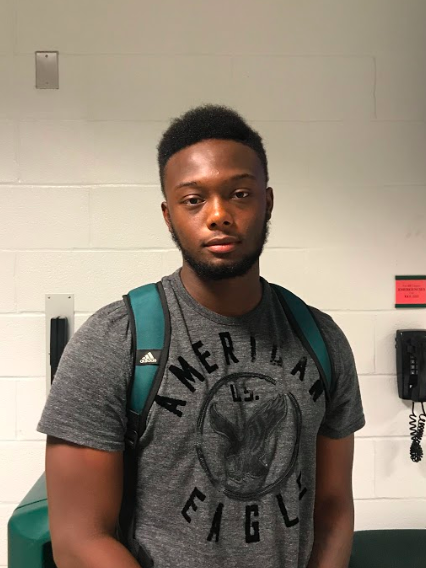
Greg Powell, sophomore psychology major and quarterback, agrees that the spotlight is much bigger for those in the NFL. “I think it’s a very good platform to use it for. It’s obviously getting a lot of attention. They should definitely use the platform that they have right now to spread the message and getting people talking,” he said.
Despite the NFL and collegiate football being on two separate platforms, Collins insists on the importance of listening to any and all of his players’ concerns. He believes in maintaining the notion of comradery.
“I think it’s always good to lead the discussion on something that might bother one of the players on the team. If it affects a small group of players on our team then it affects all of us,” he said. “Everybody is effected as part of the team and part of the program, so if somebody has some thoughts or something they want to share with the rest of us, we certainly have that communication.”

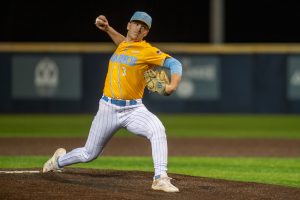
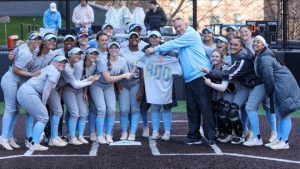
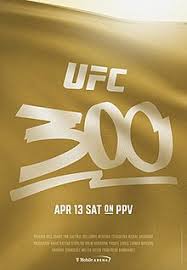



Be First to Comment